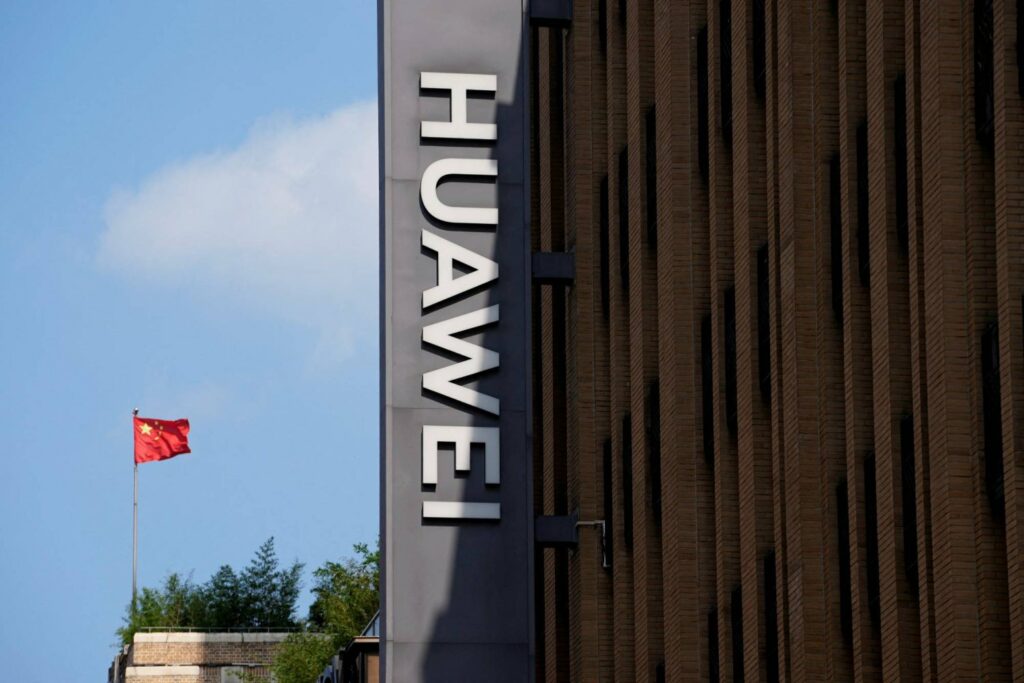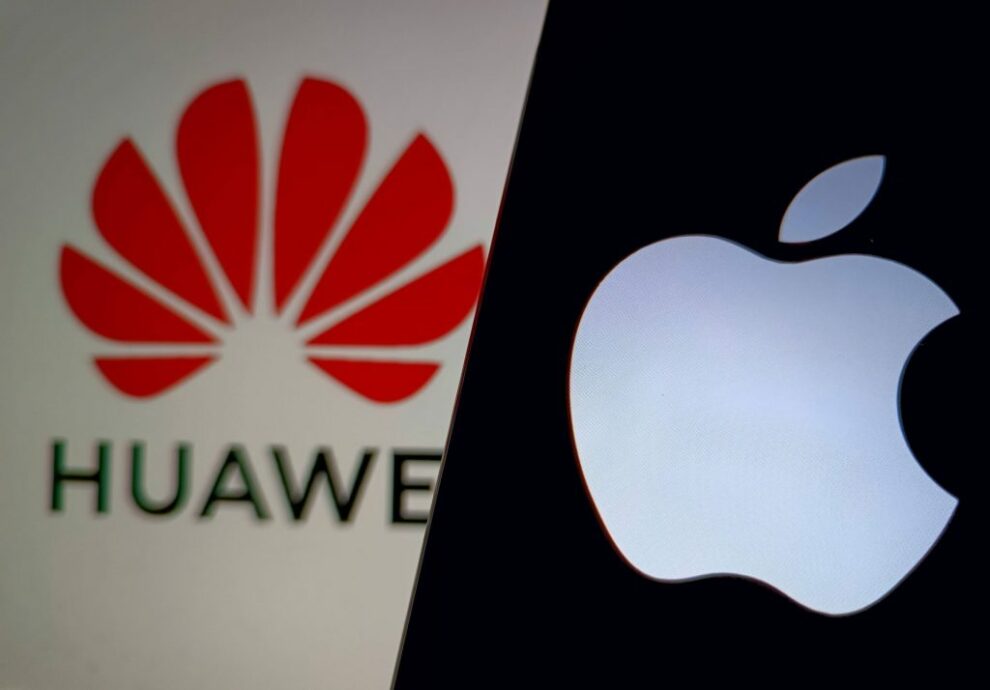Apple experienced a significant sales decline during this year’s Singles’ Day shopping festival, while domestic rival Huawei saw its sales surge, highlighting changing dynamics in the world’s largest smartphone market.
According to data released by Counterpoint Research, Apple’s smartphone sales dropped by double-digit percentages during the festival period from October 18 to November 10, 2024. This decline comes at a time when Huawei, riding on the success of its Pura 70 and Mate 60 models, registered a 7% growth in sales, bolstered by strategic price reductions and growing consumer confidence in domestic brands.
The Singles’ Day shopping festival, traditionally China’s largest online shopping event, revealed broader challenges in the smartphone market, with overall sales declining 9% year-over-year. This general downturn reflects the impact of China’s slowing economy on consumer spending patterns, despite aggressive promotional efforts by manufacturers.
A key factor contributing to Apple’s underwhelming performance was the unprecedented competition from Chinese manufacturers. Counterpoint Research noted an “abnormally high” number of flagship phone launches specifically timed around the festival period, creating an intensely competitive environment. This strategic timing by Chinese manufacturers represented a significant departure from previous years, when only Xiaomi had launched new models during the same period.
Despite the overall sales decline, Apple’s premium offerings, the iPhone 16 Pro and iPhone 16 Pro Max, maintained their position as the festival’s bestselling models, indicating continued strong appeal in the high-end segment. The company has responded to the increased competition by launching multiple discount campaigns to stimulate sales, showing a more aggressive pricing strategy in the Chinese market.
The performance of domestic brands during the festival period painted a mixed picture. While Huawei demonstrated remarkable resilience with its sales growth, another major Chinese manufacturer, Xiaomi, experienced a 6% decline in sales volume. This divergence in performance among domestic brands suggests that success in the Chinese market is increasingly dependent on factors beyond just national origin.
Huawei’s success story is particularly noteworthy, as it represents a strong comeback in the premium segment, a space traditionally dominated by Apple. The company’s growth was driven by competitive pricing strategies for its flagship models, indicating a successful blend of premium features and value proposition that resonated with Chinese consumers.
The shifting landscape in China’s smartphone market has broader implications for global smartphone competition. Apple’s challenges in China come at a time when the company is facing increased scrutiny and competition in various international markets. The situation underscores the importance of adapting to local market conditions and consumer preferences, even for global technology leaders.
Major e-commerce platforms like Alibaba and JD.com, while not releasing specific sales figures for the festival, reported that both Apple and Xiaomi surpassed 1 billion yuan in gross merchandising value. This metric, however, doesn’t provide a complete picture of the competitive dynamics at play during the festival period.
The developments during Singles’ Day 2024 may signal a longer-term trend in China’s smartphone market, where domestic brands are increasingly capable of challenging international players in both technology and brand appeal. This evolution could have significant implications for global smartphone market dynamics, particularly as Chinese manufacturers continue to innovate and expand their presence in premium segments.
As the smartphone industry continues to evolve, manufacturers will need to balance innovation, pricing, and market positioning to maintain their competitive edge. The Singles’ Day results suggest that success in the Chinese market requires not just technological excellence but also a deep understanding of local consumer preferences and market timing.
For Apple, these results may prompt a reevaluation of its strategy in China, particularly as domestic competitors continue to strengthen their position in the premium segment. The company’s response to these challenges could shape the future of smartphone competition in one of the world’s most important markets.
















Add Comment